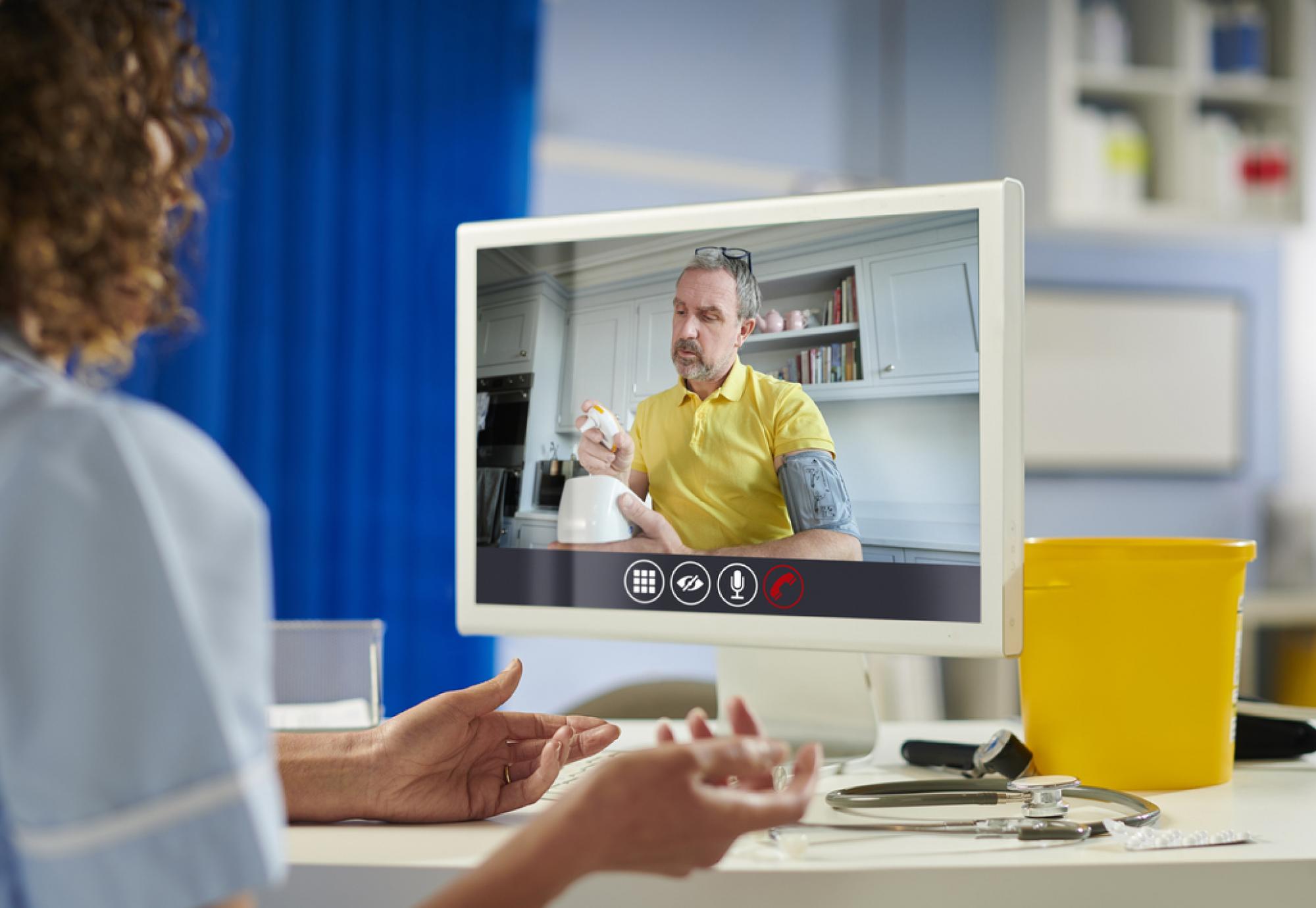Stroke patients in the North East of England are set to benefit from the expansion of a telemedicine project run by North East Ambulance Service (NEAS) and the region’s Integrated Stroke Delivery Network (ISDN).
NEAS and ISDN are working in tandem to deliver audio-visual calling from the ambulance stroke unit in order to improve emergency stroke care.
The technology is now being expanded to allow clinicians to video call the stroke patients directly, subsequently enabling stroke specialists the ability to assess the patient face to face before they enter a hospital – a move that is hoped will ensure patients receive the most appropriate care as fast as possible.
Dr Graham McClelland, a research fellow at NEAS, said: “Some of the research I have been involved in has highlighted the challenges NEAS staff have in identifying stroke patients, with around 40% of suspected stroke patients being stroke mimics. We do know that rapid identification, rapid transport to specialist stroke care and pre-alerting the hospital about the stroke patient are the best things NEAS clinicians can do for stroke patients.
“Because stroke is such a time critical condition, we hope to demonstrate that video triage improves communications between NEAS and the stroke services and therefore informs better decisions about the right destination and care for each patient.
“Getting the stroke team involved with the patient before they even get through the front door of the hospital should also reduce the time it takes for the patient to be seen when they arrive at hospital. Even if it’s only a five-minute reduction in time, this could make all the difference to a patient’s outcome.”
Currently, the usual protocol if a paramedic suspects a patient has had a stroke is to contact their nearest stroke unit by telephone. During that conversation, the patient’s symptoms and relevant medical history will be discussed in an attempt to decipher whether the patient has indeed suffered a stroke, or it is a stroke mimic, which then informs the health professionals on what hospital is most appropriate for that patient.
NEAS Medical Director, Dr Mathew Beattie, said: “As an industry leader in research, particularly stroke research, and having been an early implementer of telemedicine, we were keen to work with our regional teams to understand whether introducing this technology within our ambulances can make a difference to the care we are able to provide to our patients.
“Graham’s research through his work with the Stroke Association was instrumental in informing our bid to NHS England and it is testament to him that we are where we are. We look forward to seeing the results and to, ultimately, improve patient care within the North East.”
The project is expected to begin in August, starting with the Queen Elizabeth Hospital in Gateshead, and Darlington Memorial Hospital, followed by University Hospital of North Durham and the Royal Victoria Infirmary in Newcastle.
It will then be evaluated, with support from Newcastle University, to inform whether the process will be rolled out region wide.
More information about this project is available here.



















